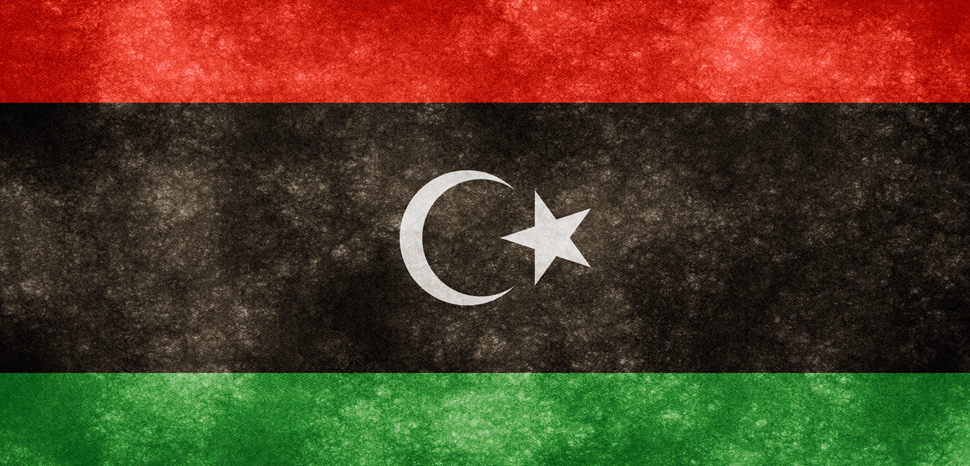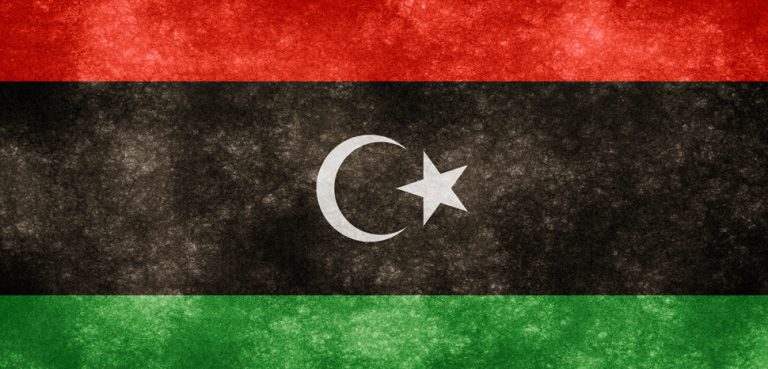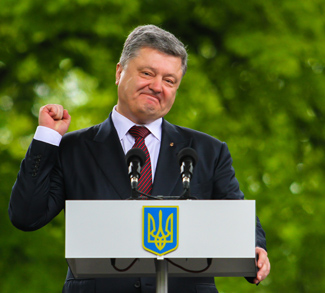Libyan Prime Minister Al-Sarraj and Khalifa Haftar met in Abu Dhabi few days ago. Can this meeting be the chance for new elections in Libya?
Eight years after Qaddafi’s fall, Libya remains in a chaotic state based on the fragmentation of power. The faultlines and conflicts are numerous: between West and East Libya (Tripoli and Tobruk), suburban clashes in strategic cities like Misrata, Sirte, Benghazi, and tribal conflicts (especially in the Fezzan, where foreign interference of Chadian and Nigerien militants in the Tebu tribes increase tribal tensions to control the region). All of this affects the state-building process and national reconciliation. New trends have emerged since 2013, such as changes in the dynamics of illegal cross-border enterprise, especially the rise of human smuggling and alleged illegal inward migration into southern Libya.
State fragility and deep instability, and the emergence of informal security providers and other non-state armed actors actively encouraged the outsourcing of the security sector due to the lack of an inclusive military command structure. In Libya this has been more of a bottom-up process as national armed forces have lost internal cohesion, while diverse armed actors have become integral to security arrangements (mostly informal) and have almost acquired a legitimate status thanks to de facto legitimization by state authorities.
Since the 2011 revolution, the United Nations (UN) developed an Action Plan to stabilize Libya, but its implementation is extremely difficult. The UN envoy in Libya, Ghassam Salamé, is pushing the two main political leaders Al-Serraj (leader of the UN-backed government) and Haftar (leader of the opposing Libyan National Army) to meet. Prominent academic Ghassam Salamé, the Libyan Prime Minister Al-Serraj, and Haftar met in Abu Dhabi a few days ago and agreed to promote political elections in the country to begin a stabilization process. At the same time, Ahmed Maitig, the strongman of Misrata (a strategic city for Libya’s future), met Italian Minister of Foreign Affairs Moavero-Milanesi on March 5 to discuss the economic situation in Libya, strategies to manage migration flows and the possible re-opening of the Italian consulate in Benghazi.
It looks as though there are significant diplomatic efforts underway to change the current situation, and the meetings in Abu Dhabi may represent a significant step toward stabilization. However, the U.N. has not yet announced any format or timeline for the national conference, an event that is considered important for agreeing to electoral terms and conditions. Salamé mentioned the necessity of this conference after the Palermo summit of last November. Moreover, these meetings take place under international pressure and this is not something that many local tribes support.
Haftar’s Libyan National Army (LNA) has started a new military offensive in the key region of Fezzan. According to Haftar, this offensive was necessary to fight terrorists, criminals, and human trafficking. The LNA, supported by the Tebu and Tuareg tribes, occupied Sabha (the main city in the region) and the important El Sharara oil field. However, according to Libya Observer, West Libya’s elder councils in Misrata and Zintan made clear the need to build a civilian state based on constitution and unified army and police forces under a civilian authority.
Western local actors (i.e. tribes in Misrata and Zintan) will not accept Haftar as leader of any unified national army, especially considering he is now consolidating his influence in the South. They see these meetings and possible agreements as a threat against the legitimate state-building process. The reinvigorated contrast between western groups, tribes, and Haftar risks jeopardizing the current Salamé-led efforts for a national conference and elections. We may be at the turning point in the local political dynamics, but the situation is highly complex and fluid. Should Al-Sarraj and Haftar get a political agreement, this might be opposed by key local actors in West Libya, leading to further divisions, polarization, and potentially fueling military responses.
Libyan governance framework has often changed over the course of history, but tribes always played a key role in any state-building process (i.e. Ottoman era, Italian occupation, Qadhafi’s regime). When a top-down state-building process was instituted, tribes mobilized to resist it. The Italian occupation is a stereotype. Until 1935, Italians leaned on tribal governance. After 1935, they decided to centralize power and unify the three main regions: Tripolitania, Cyrenaica, and Fezzan. This was a huge mistake. The exclusion of tribes from political institutions strengthened tribal affiliations and affected Italian administration’s power framework.
Tribes’ resilience needs to be take into account by international actors involved in political negotiations. Underestimating the role of tribes in efforts for stabilization can have bad consequences. Developing a top-down government can be a mistake. An agreement between Al-Serraj and Haftar might be a positive achievement from an international point of view and establish a basis for national reconciliation, but western actors in Libya see it differently.
Whereas national reconciliation may guarantee more stable institutions and Libya’s future as a country, tribes and municipalities need to be the key part of this process and be integrated into the security sector reform and reconstruction process.
From the most recent meetings, two issues emerged. The willingness to develop a centralized governance trough a top-down process as well as the further weakening of Al-Serraj and the strengthening of Haftar as leader. This could compromise peace efforts, especially should tribes have a minor role in core political negotiations. Any top-down state-building process may fail as has happened in the past.
The views expressed in this article are those of the authors alone and do not necessarily reflect those of Geopoliticalmonitor.com or any institutions with which the authors are associated.




